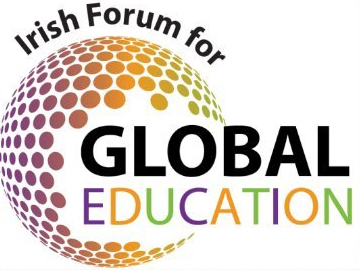On Sunday 8 May the Governor of the Luhansk region in Eastern Ukraine, Serhiy Haidai said that two people were confirmed dead after Russian forces dropped a bomb on a school in the village of Bilohorivka, and 30 civilians had been pulled from the debris. However, at least another 60 people were reported missing and it is feared they were buried in the rubble of the destroyed building. Up to 90 people had been sheltering in the school when it was hit. UN Secretary General Antonio Guterres was “appalled” by the bombing of the school and called for civilians to be spared, his spokesperson has said. It is uncertain how many people died in this attack but it is very likely that the numbers are much higher than originally reported. This is by no means the first school to be attacked during the Russian assault and UNICEF reports that since the outbreak of war in February, more than 900 schools across the country have been hit and many of them destroyed. War in Ukraine: Support for children and families | UNICEF
IFGE calls for an end to these assaults on schools and supports the statement of Education Cannot Wait Director Yasmin Sherif, who has demanded an immediate end to all attacks against children, teachers and schools following the bombing of the school in Bilohorivka. In her statement she says: “Respect for international humanitarian and human rights law, as well as respect for the Safe Schools Declaration, is crucial to our collective humanity. All children have the right to quality education at all times. Schools, children and teachers should never be targets and must be protected at all times.” Statement by Education Cannot Wait Director Yasmine Sherif on Deadly Attack on School in Ukraine | Education Cannot Wait
The Safe Schools Declaration was opened for countries to endorse at the First International Conference on Safe Schools in Oslo, Norway, in May 2015. The Declaration is an inter-governmental political agreement dedicated to protecting education in armed conflict and it outlines a set of commitments to strengthen the protection of education from attack and restrict use of schools and universities for military purposes. It seeks to ensure the continuity of safe education during armed conflict and to date it has been signed by 114 countries. It has high level backing from the U.N. Secretary General who has called on all states to join. It is significant that Ukraine has signed the Declaration but Russia has not.
The intention behind this process is to build a community of nations committed to respecting the civilian nature of schools and developing and sharing examples of good practices for protecting schools and universities during armed conflict. It offers guidance on concrete measures that armed forces and armed non-state actors can take to deter military use of educational facilities, to reduce the risk of attack, and to mitigate the impact of attacks and military use when they do occur.
All of which brings us back to the situation in Ukraine. How can the Safe Schools Declaration help in the protracted crisis taking place there and the impact on the lives and education of its citizens? It seems likely, given the number of schools that have been targeted that these are not accidental occurrences and that the Russian army may be deliberately targeting the social infrastructure of the country to achieve the physical and socio-psychological destruction of Ukrainian society. Ireland as a signatory to the Safe Schools Declaration, since May 2015, has made this commitment and in the current situation this must include supporting the collection of information about attacks on education, investigating and prosecuting war crimes involving education and providing assistance to victims. Accountability has to be part of the process of ending these attacks.
IFGE wants to promote an awareness of the Safe Schools Declaration more broadly in Ireland and an understanding of what our commitment to it entails. The people of Ukraine and many other countries where violent conflict continues would certainly want us to support and promote this. We need to keep working to restore access to safe education and to develop education systems that are conflict-sensitive and promote respect between social or ethnic groups. The Declaration offers us guidelines to assist in this and its implementation needs to be a priority. There is good evidence across different regions that the implementation of concrete measures in the Declaration leads to improved protection for education. Implementation – Safe Schools Declaration (protectingeducation.org)


